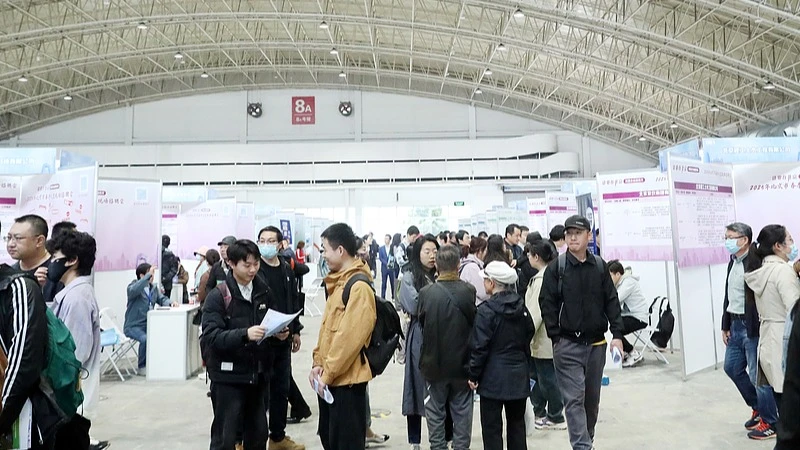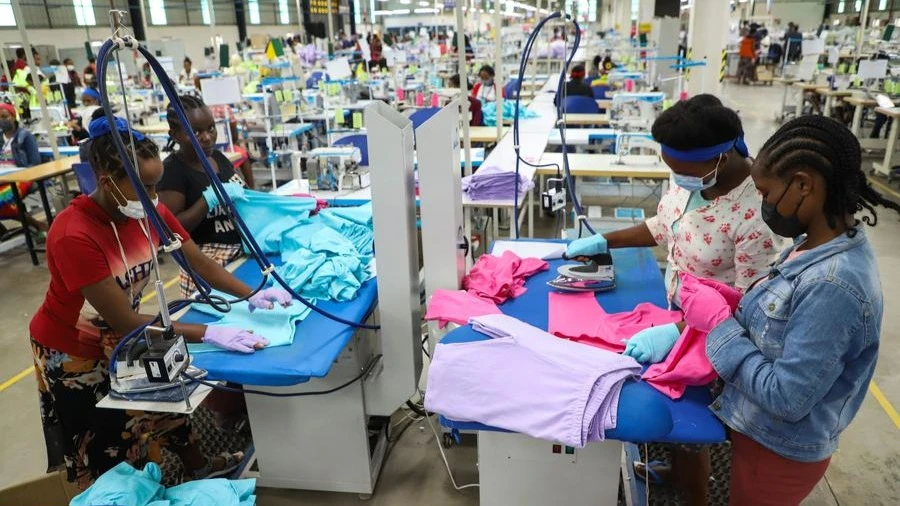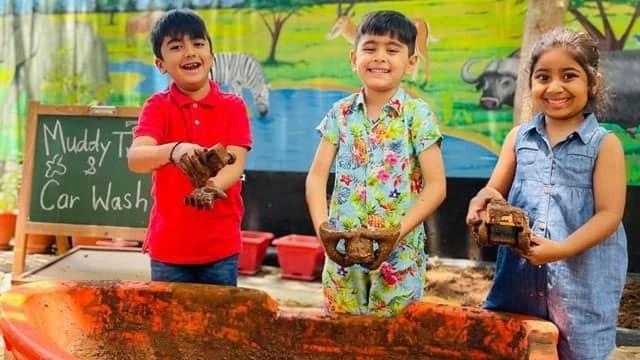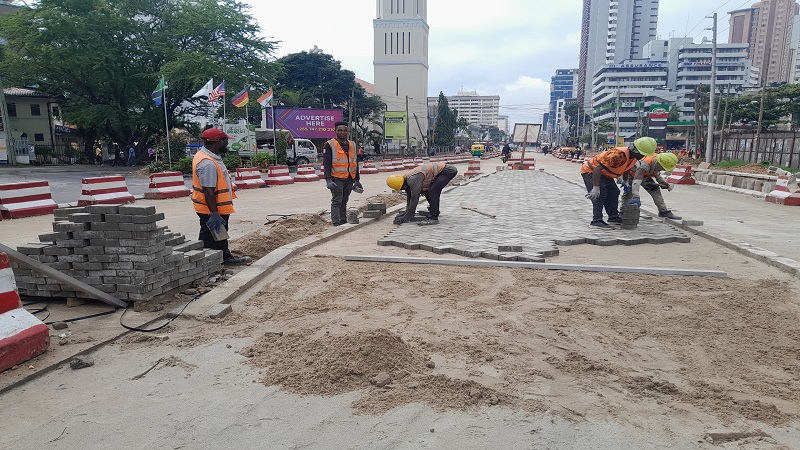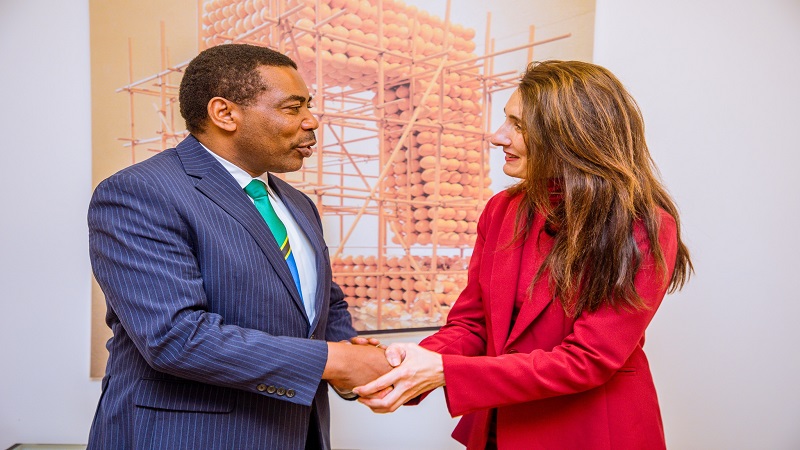Young Bahi District women reclaiming their dreams through entrepreneurship
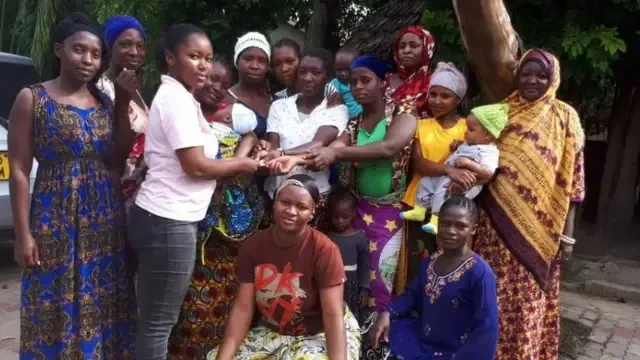
FOR many girls in Bahi District, Dodoma Region, their dreams have been cut short by early pregnancies and school dropouts.
Burdened with motherhood at a young age, often abandoned by the fathers of their children, the young women are forced to navigate adult responsibilities far too soon, facing stigma and economic hardships.
But thanks to targeted interventions, the narrative is beginning to shift. A growing number of teen mothers in Bahi are defying the odds, empowered by entrepreneurship and reproductive health training offered by Restless Development, a non-governmental organisation committed to youth development.
These programmes are transforming lives by equipping young mothers, many between the ages of 18 and 24 with practical skills in businesses, tailoring, and family planning, allowing them to regain control over their lives and plan for a better future.
Hawa Peter, now a proud business owner, became pregnant at 18 and was abandoned by the child’s father. Left without support, she joined entrepreneurship training sessions hosted by Restless Development agency, where she learned culinary skills and how to start a small business.
“I started by selling cakes and fresh juice,” Hawa recalls. “Now I run a food kiosk and even get catering contracts from the local council to serve between 100 to 500 people.”
Her business not only supports her and her child who now attends a private English medium school with an annual tuition fee of 700,000 /-but has grown to a capital of 2 m/-. “I’ve had a dream to run a restaurant since I was a child,” she says with a smile.
Another young mother, Sophia Kedmond, was impregnated shortly after finishing primary school. Abandoned by the man responsible, Sophia turned to tailoring, a dream she had long held.
Following training in tailoring and entrepreneurship, Sophia not only excelled in her studies but was awarded a sewing machine and later an embroidery machine for her outstanding performance. With startup capital and land donated by her uncle, she now owns a tailoring shop where she sews clothes and trains other young people.
“Business is seasonal since we’re in a rural area,” she admits, “but I’m able to make ends meet. I have goals, and even if the child’s father comes back, I won’t let him derail my plans.”
Yasmin Ally and her peers took a different route, forming a group that produces and sells liquid soap. Every week, they manufacture around 20 liters, which they lend out and sell locally. They are now in the process of registering their group with the local council to access small business loans to expand their venture.
Dodoma’s regional social welfare officer, Amina Mafita, during a recent visit to the district, urged the young women to make the most of the training, emphasising the importance of long-term family planning to avoid further unplanned pregnancies.
“We care deeply about your wellbeing and your children,” said Mafita. “Before having another child, take time to prepare and don’t hesitate to reach out if challenges arise.”
According to Ridhiwani Juma, acting director of Restless Development, the organisation has trained 280 youth across Tanzania in this programme cycle, including boys, in a bid to foster shared responsibility.
“These young mothers often come from low-income families, and the birth of a child only deepens that economic strain,” Juma explained. “We offer not just business skills but also mental health support and connect them with health services for family planning and nutrition.”
In a region where early motherhood often spells the end of a girl’s dreams, these programmes are rewriting the story—one business, one girl, and one regained future at a time.
Top Headlines
© 2025 IPPMEDIA.COM. ALL RIGHTS RESERVED








